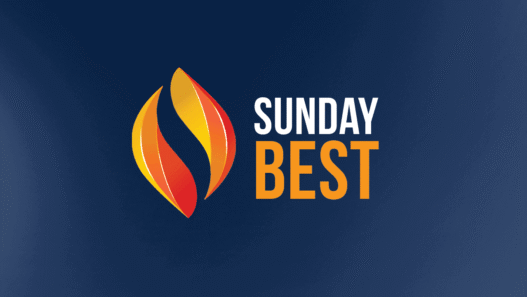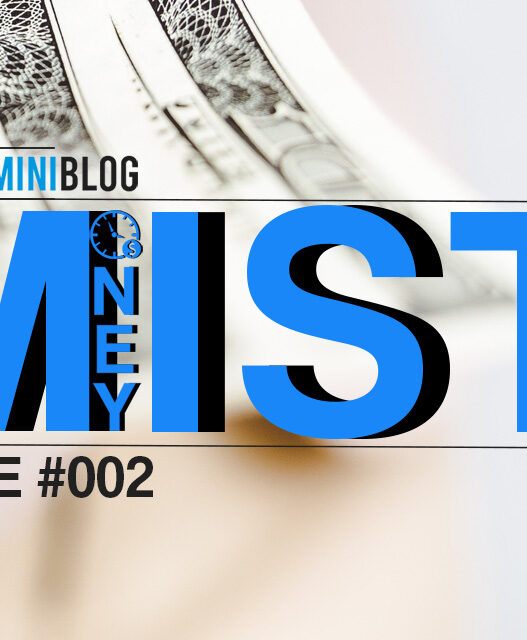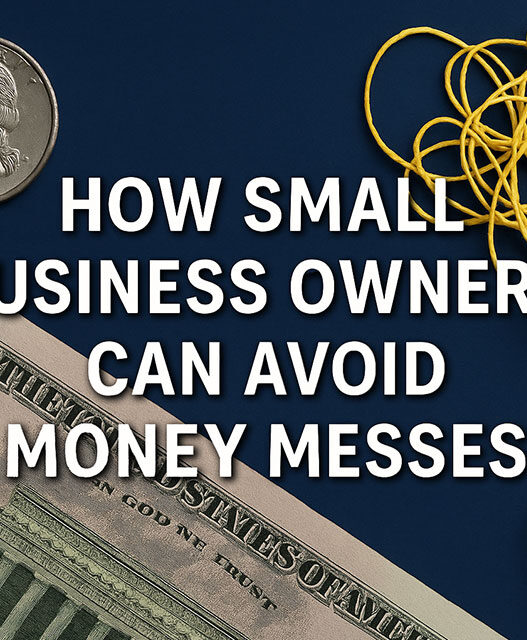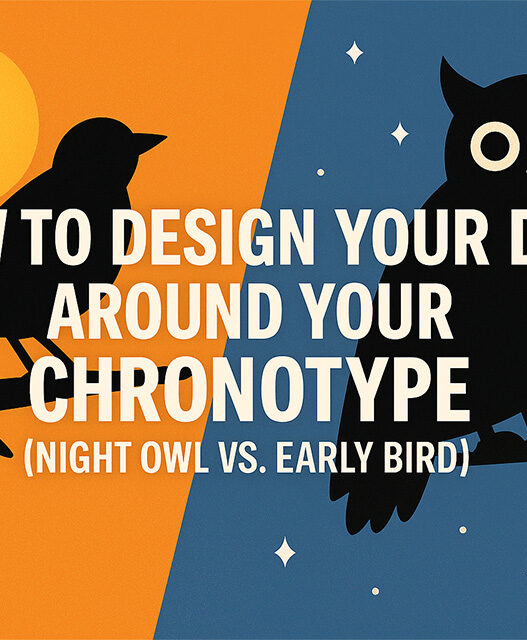Force of habit. I've always found that phrase a little irksome. Not because I consider myself some paragon of self-control, but because the term itself is misleading.
By its very definition, a habit is not some mysterious impulse that descends upon us unbidden. Habits are constructs, built either by deliberate intention or unconscious repetition.
No matter how they come about, the fact remains that we are aware of them, especially the bad ones. Aware enough, at least, to shrug and say, “yeah, sorry, force of habit, when we slip into behaviors others might find odd or even alarming.
Most of our “bad habits” might start small and innocuously. They might involve our relationship with food or money, or both. Maybe it's always a new diet fad that gets us, or making expensive money moves thinly disguised as “investments” (read: lifestyle creep).
Or maybe it's the habit of wishful thinking that one day, someday soon, we'll kick our bad habits, without having done any damage in the long term.
Most of the time, a bad habit is deviously sinister in the way that it just seems so harmless. And maybe on its own, it is. But strung together, a series of them can result in a dangerous, deep-seated belief that we can outrun bad habits with clever shortcuts.
People have a way of convincing themselves that the bill for bad behavior will never come due. Late-night fast food, impulse buys, a skipped workout, a half-hearted conversation with a friend…these are a few of the disservices we do to ourselves. We tell ourselves we'll make up for it later, but later has a funny way of arriving unannounced.
Realistically, we know it's insane to expect dividends from habits that hemorrhage value, yet we still look for prosperity in the patterns that breed scarcity.
The truth, harsh as it may be, is that we can't outrun habits forever. The only way to win is to quit while you're ahead. After all, it's only our mind, body, and wallet at stake here.
Did you know, Retiring Early is NOT the Result of a Higher Income?
Grape Expectations
41.9% of U.S. adults are overweight or obese. More alarmingly, a large number of people who lose weight on a diet regain it within 5 years.
A gym membership is no match for a nightly pint of ice cream. A run around the block doesn't negate a soda addiction. Even physicians, who know the science better than anyone, struggle, not in spite of their medical expertise but sometimes because practicing medicine means they develop habits just so they can get through the day.
According to older data, over 40% of U.S. doctors are overweight. And data also shows that a physician who is overweight themselves is less likely to bring up weight issues with their patients.
As of 2023, the weight loss industry in the U.S. is worth $89.9 billion. Globally, this market is expected to be worth $689.96 billion by 2033.
Image Source: Market Data Forecast
These figures alone are telling. If diet programs and “quick fixes” worked in the long term, the market would have collapsed decades ago. Instead, we return year after year, wallet in hand, for the next “solution.”
Around 45 million Americans go on a diet each year, spending $33 billion annually on weight-loss products that overwhelmingly provide temporary or barely any results.
Why? Because the core problems of sedentary lifestyles, over-processed food, and stress-driven eating habits remain undisputed.
The lesson is simple, if somewhat uncomfortable: health is a compounding equation. Good habits improve quality of life, whereas bad ones quietly disintegrate it.
In case you missed it: FIRE & Real Food: Losing 90 Pounds While Adding a Net Worth Comma
Cents and Sensibility
Can you believe that there are 1%-ers out there who're living paycheck to paycheck?
The median U.S. household income in 2023 was $80,610, but the median transaction account balance? A meager $8,000 (this includes checking, savings, and other accounts). Meanwhile, 71% of Americans say they have less than $5,000 in their savings account.
Image Source: Upgraded Points
Physicians earn more than 95% of Americans. Average physician income sits at $363,000 per year. Yet half of doctors aged 55 or older report having less than $1 million saved for retirement. For high earners, that gap is huge, especially in a world where it's ideal to save 20% of your paycheck.
Image Source: BF Advisors
It's clear that the culprit isn't lack of income. It's habit. And it isn't income that makes someone rich rich, it's behavior. A family making $700K a year yet saving only a few percent is functionally living paycheck to paycheck.
The average medical student incurs medical school debt of ⁓$200,000–$300,000. Conversely, a household earning $200K but saving half of it is constructing a fortress of financial security that will compound into genuine freedom.
Doctors, lawyers, and executives earning six figures still manage to fall into the trap that is lifestyle inflation. They match every dollar earned with a dollar spent, sometimes more. This trap exchanges potential compounding for ephemeral status symbols like nannies, private schools, country clubs, summer homes, and the glossy trappings of an “enviable” lifestyle.
According to Jesse Cramer (The Best Interest), a savings rate of 25% at a 7% return allows retirement in 26 years, whereas a 4% savings rate, even with an unrealistic 12% return, requires 37 years to reach similar security.
The problem isn't the paycheck, it's the pattern. If you build habits of spending first and saving later, you will always live at the mercy of your next direct deposit.
Have you heard about Spaving? Find out if Spending More Can Actually Save You More.
Grit Happens
Beyond what we eat and how we spend lies the third frontier: personal growth. The richest lives are rarely accidental; they are the product of deliberate, sustained effort.
Growth is habit made conscious: reading regularly, reflecting honestly, cultivating emotional intelligence, showing up for relationships, and carving a life that aligns with both purpose and pleasure.
The Harvard Study of Adult Development (spanning over 85 years) offers a striking insight: quality relationships and adaptive emotional habits are the single strongest predictors of a meaningful life, more than money, status, or even intelligence. Participants who cultivated strong connections and exercised emotional maturity fared better in health, resilience, and overall life satisfaction.
Growth is also something that doesn't come gift-wrapped. It's a consequence of friction. Yet, in an age of inconvenience, many of us have lost the appetite for discomfort. Fortunately, healthcare professionals can seldom say the same.
Still, when we read that the average American spends 7 hours a day staring at a screen, that statistic includes physicians. Adults, on average, are also reading fewer than 15 books a year.
We've become experts at consumption, and amateurs at cultivation. Yet, the most successful professionals tend to share the habit of deliberate growth. They set aside time for reading, reflection, and rigorous practice even when it's inconvenient to do so. Friction begets resilience and repetition begets mastery.
Habits of growth compound in the same way financial or dietary habits do. Small, consistent investments in yourself and others eventually yield outcomes far beyond what any single action could accomplish.
Breaking old patterns, facing discomfort, and rejecting the siren call of complacency are not optional, they are necessary for transformation. Growth rarely comes from playing it safe, and habits are the bridge between who you are today and who you want to become.
The Takeaway
One could argue that physicians are better equipped than anyone to resist getting stuck in a cycle of bad habits. After all, medical training itself is the triumph of habit, what with all the years of delayed gratification, rote memorization, procedural repetition.
Yet…45% of physicians reported burnout in 2024. That means almost half of U.S. physicians are dissatisfied with where they are in their lives currently.
Could it be that professional discipline does not automatically translate into personal sustainability? Or even— does the very intensity of medical careers often fuel the appeal of shortcuts outside the hospital?
For physicians, the stakes are the same, then. Except, a string of bad spending habits costs thousands in foregone compounding, delayed retirement, and, in too many cases, the psychological freedom that makes practicing medicine sustainable in the first place.
The longer we indulge the fantasy of quick fixes, the more we entrench the very habits we claim to escape. The shape of your life, in ten years, will be the sum of small decisions that felt inconsequential today. Habits don't ask for permission; they simply accrue interest. You either cultivate them or they cultivate you.
The harvest never lies. Grapes become wine. Weeds become thorns. So the question is not whether you'll reap what you sow, but whether you're planting the right crop in the first place.
We all have habits that either hold us back or push us forward. Which unhelpful one have you managed to leave behind? How did you do it? And which positive habit would you want others to start building today?



















